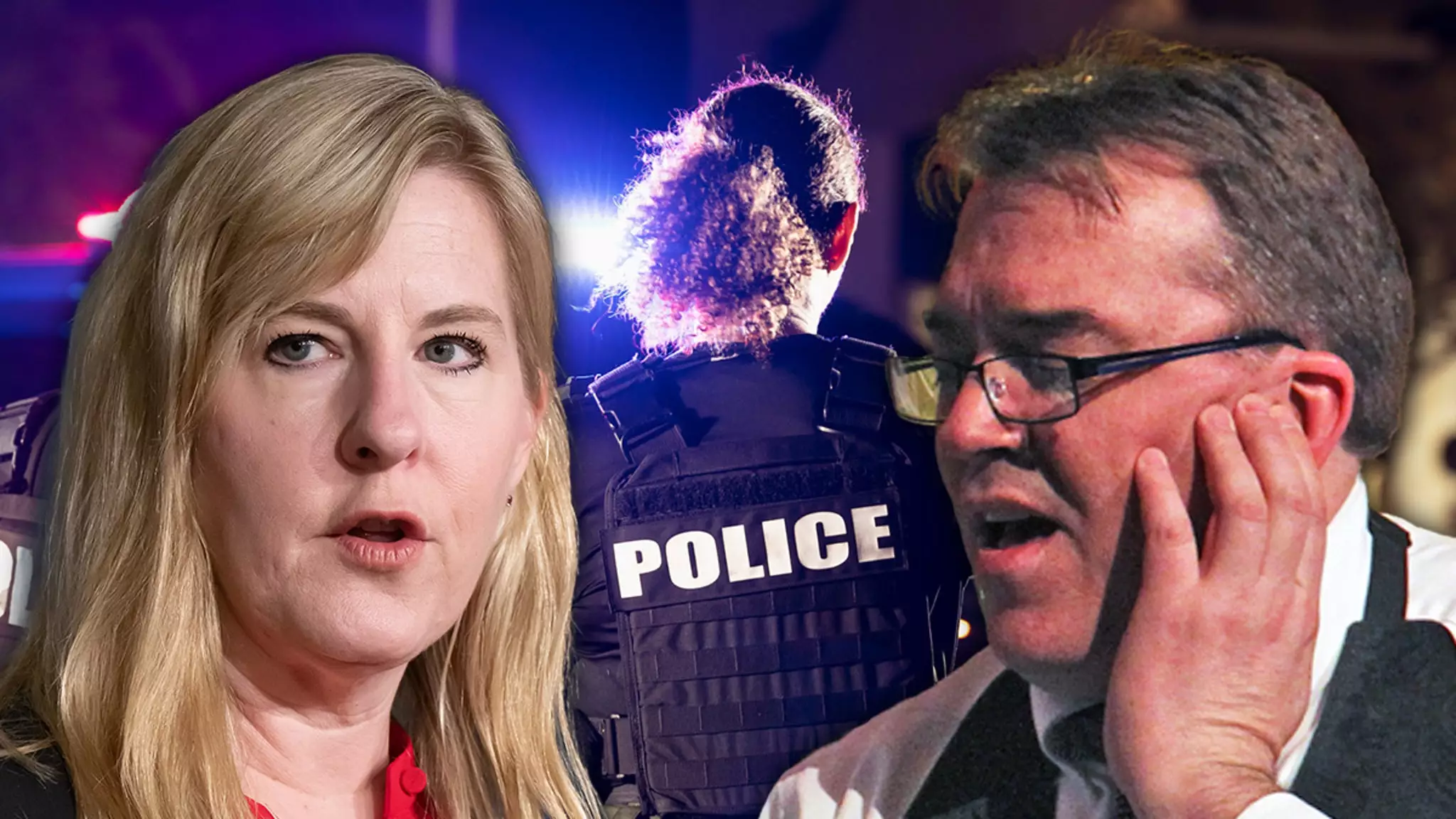The recent tragic shooting of Minnesota’s Democrat State Rep. Melissa Hortman and her husband, Mark, underscores a troubling rise in politically motivated violence across the United States. This horrific incident, which claimed the lives of two individuals, has sent ripples of fear not only through political circles but also across the community at large. The suspect, whose actions appeared to be premeditated, had harbored intentions that went far beyond the murders of the Hortmans; a manifesto found in his vehicle suggests a chilling desire to target multiple lawmakers. This raises critical questions about the state of political discourse in the country and the lengths to which individuals are willing to go in the name of ideological extremism.
Unmasking the Threat
The discovery of a manifesto detailing names of various lawmakers is particularly alarming. It signifies not just a spontaneous act of violence but rather an orchestrated assault on political figures, a betrayal of democratic ideals. The seriousness of the situation has prompted law enforcement agencies, including the FBI, to take immediate action. In the wake of this incident, the push for a comprehensive investigation into the motives behind such threats has become paramount. The acquisition of flyers tied to anti-authoritarian “No Kings” demonstrations in the suspect’s vehicle amplifies concerns over whether this is an isolated case or part of a larger movement aimed at undermining the very fabric of democracy.
The Impact of Political Rhetoric
As political leaders, including Minnesota’s Governor Tim Walz, publicly condemn acts of political violence, it’s imperative to reflect on the broader implications of our political rhetoric. The sharp divisiveness and toxic discourse permeating the political landscape may inspire individuals like the shooter to perceive violence as a viable solution to their grievances. The association between heated political debates and real-life consequences is stark—how many more tragedies must occur before we reassess the language we use in our political dialogues? Purposefully incendiary remarks may be rallying cries for one group but can incite hate-fueled actions from another.
Societal Responsibility and Action
In the wake of such violence, the onus falls upon society as a whole to demand accountability, not just from politicians but also from the public at large. Individuals must engage in critical self-reflection and consider the impact of their words and beliefs. Community leaders and citizens alike are called to foster environments where differences can be debated peacefully, prioritizing respect and understanding over hatred. As Brooklyn Park instated a shelter-in-place order during the ongoing manhunt, the situation illustrates how quickly fear can permeate everyday life and disrupt the community.
The threats highlighted in this case must serve as a wake-up call: political crises demand action beyond mere condemnation. Solutions must extend to fostering constructive dialogues, promoting peaceful protest, and ensuring that protective measures are in place for public officials. Engaging with the community, embracing responsible communication, and prioritizing mental health support can help combat the tide of political violence threatening our democracy.

